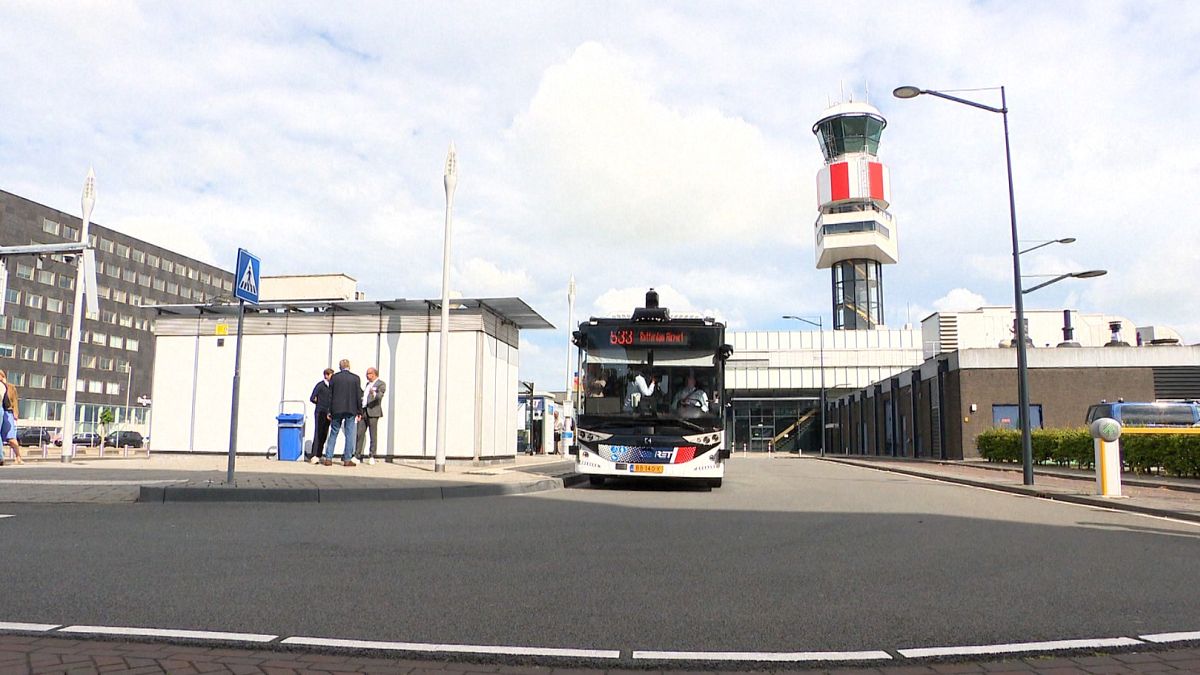

The modern world continues to move forward at a steady pace, with recent developments in technology and infrastructure paving the way for a bright future. From the streets of Rotterdam to the cutting-edge manufacturing plants of Taiwan, significant progress is being made. Amid these advancements, the European Commission is making strides in supporting research and development, strengthening the foundations for future innovation.
In the Netherlands, the dawn of autonomous urban transportation is upon us. As of August 1st, Rotterdam will witness its first self-driving bus operate autonomously on public roads. The bus route will connect key points, including the populous Rotterdam with the vital Rotterdam The Hague airport. This trial represents a significant milestone in public transportation, showcasing the formidable progress in self-driving technology. Passengers and commuters in the city will now experience a glimpse of how advanced technology can intertwine with everyday life to enhance mobility.
The introduction of this autonomous vehicle is not just a testament to technological advancement but also a nod to the dedication and innovation prevalent in the transport sector. It promises to offer insights into how such technology can affect urban landscapes, reduce carbon emissions, and challenge traditional transportation methods. Much anticipation surrounds the vehicle’s operation and potential to shape the future of eco-friendly public transport.
Meanwhile, on the other side of the globe in Taiwan, the world’s largest contract chip manufacturer, TSMC, has reported a remarkable 60% increase in profit for the second quarter. This surge is driven by rising demand for Artificial Intelligence (AI) chips, painting a promising picture of the tech industry’s future. TSMC’s robust performance signifies the growing reliance on AI across various sectors, highlighting a thirst for innovation that transcends geography.
The company’s financial success is an embodiment of a broader trend suggesting the AI revolution is well underway. AI chips are becoming increasingly integral in driving smarter and more efficient technologies. From enhancing consumer devices to contributing to transformative industrial applications, these chips are the unsung heroes energizing the tech ecosystem, offering enhanced computing power for AI applications.
In a move to support burgeoning technological fields, the European Commission has announced a near doubling of its research and innovation fund within its long-term budget. This initiative seeks to foster advancements in science and technology by providing substantial financial backing to research endeavors. While lobby groups assert that more financial resources are needed to keep pace with technological advancements, the gesture speaks volumes about Europe’s commitment to fostering innovation. This increased investment aims not only to enhance the continent’s technological infrastructure but also to support a creative and forward-thinking environment so vital for sustainable growth and development.
The collective efforts in transportation, manufacturing, and governmental policy reveal a unified vision that embraces the potential of technology to improve our world. As nations and corporations strive to create smarter, more sustainable solutions, these developments act as beacons of the possibilities that lie ahead. By nurturing technological advancement and adaptability, societies worldwide can look forward to a future where innovation serves as the cornerstone for progress and the betterment of daily life.
Source: {link}
